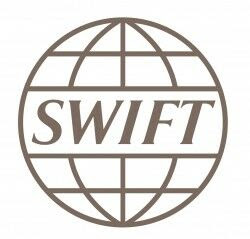Experts from various sectors have raised alarms over the swift decline of Micro, Small, and Medium-sized Enterprises (MSMEs) in Nigeria. They attribute the challenges faced by these businesses to the country’s complex business environment, preventing many from thriving beyond five years.
During a webinar hosted by the Lagos Chamber of Commerce and Industry (LCCI), themed “SMEs Challenges and Sustainability Strategies in an Inflationary Economy,” Dr. Michael Olawale-Cole, President of LCCI, emphasized the need for solutions to navigate the severe impacts of inflation and secure the future of MSMEs in Nigeria.
Globally, MSMEs drive innovation and economic growth. However, in developing nations like Nigeria, they often face early-stage failure due to a lack of sustainable business strategies. Olawale-Cole highlighted that Nigeria hosts over 36.9 million SMEs, comprising 96.7% of all businesses. He pointed out that SMEs contribute significantly to the GDP and job creation, emphasizing their critical role in economic prosperity and stability.
Despite their importance, MSMEs grapple with challenges such as limited access to finance, inadequate infrastructure, high input costs, and a challenging business environment exacerbated by inflation. The relentless rise in prices has profoundly impacted SMEs, affecting their operations, profitability, and overall sustainability. However, with the right strategies and support, these businesses can continue to drive economic growth and create jobs.
Experts also emphasized the role of technology in SME growth, urging businesses to establish a robust online presence, embrace e-commerce, and leverage digital marketing. Additionally, they highlighted the significance of data analytics for informed decision-making and advocated for remote working and collaboration.
Regarding taxation, experts pointed out that a multitude of revenue agencies and taxes, along with non-state actors imposing illegal levies, hinder SME growth. They emphasized the need for a conducive operating environment, simplified tax regulations, and restored social trust to foster SME growth and survival.









